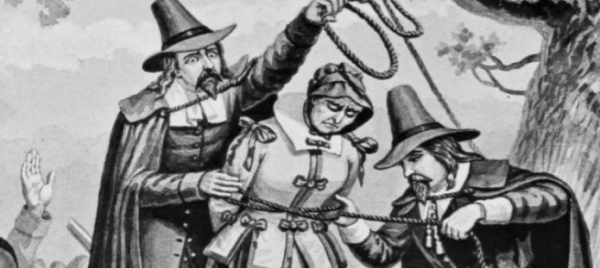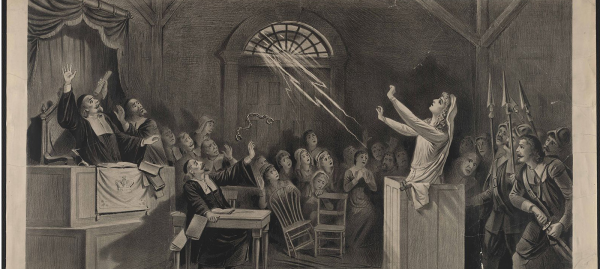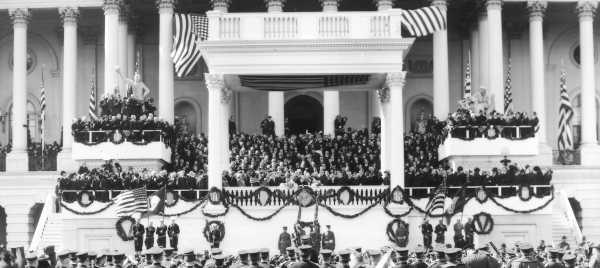HY110 - Encountering the Past
An introduction to history through the study of a special subject in depth. Emphasis on the ways in which historians find and interpret the materials of the past. For students who do not complete the West in Time requirement in the History Department, a gateway to the History major. Topics designated according to the specialties of the faculty.
1 unit — Cramer, Horner, Neel
Previously Featured Offering
What is a witch? How is magic defined? Who draws the lines between magic and religion? By examining case studies such as the European witch craze and the Salem witch trials, we will grapple with the myriad ways that witchcraft reveals patterns of belief, structures of power, and social relations in different times and places.

What makes a witch? How do societies define magic, and who gets to draw the boundaries between categories like magic and religion? This course will grapple with the myriad ways that witchcraft reveals patterns of belief, structures of power, and social relations in different times and places.

The Election as History: Republicans and Democrats since 1912 will delve into the electoral history of the United States since 1912. Students will be challenged to contemplate in more informed and thoughtful ways about the issues related to the topic.

This course will explore the electoral history of the United States since 1912. It's a good place to start since that presidential election saw a dramatic split in the Republican Party, a Socialist who garnered 6% of the vote, and victory for a segregationist Democrat. We will cove a period of over 100 years of US history and much happened. Thus it is that such a course is necessarily topical. Many significant issues, persons, and events are left out. There is always more to think about and learn about than what's on the syllabus. But, really, the big matters to think about here are the contemporary issues raised. If this course challenges you to contemplate in more informed and thoughtful ways about such matters as liberalism and conservatism, what is "political," why do people vote the way they do, what coalitions have formed the Democratic and Republican parties, the so-called "culture wars," and religion and politics, then it will have been a success. Actually, it will likely cause creative confusion about these matters.
Offerings
| Term | Block | Title | Instructor | Location | Student Limit/Available | Updated |
|---|---|---|---|---|---|---|
| Fall 2024 | Block 2 | Encountering the Past: Introduction to the Comparative Study of Race and Ethnicity Topic Details | Jamal Ratchford | Palmer Hall 127 | 25 / 21 | 08/02/2025 |
| Spring 2025 | Block 5 | Encountering the Past: The Partition of India Topic Details | Purvi Mehta | Palmer Hall 225 | 25 / 20 | 08/02/2025 |
| Fall 2025 | Block 2 | Encountering the Past: Evolution and Revolution in Scientific Thought Topic Details | Carol Neel, John Horner | TBA | 32 / 13 | 08/02/2025 |
| Spring 2026 | Block 8 | Encountering the Past: Race, Ethnicity, and Prejudice in the Ancient World Topic Details | Owen Cramer | TBA | 25 / 25 | 08/02/2025 |
Report an issue -
Last updated: 08/02/2025



